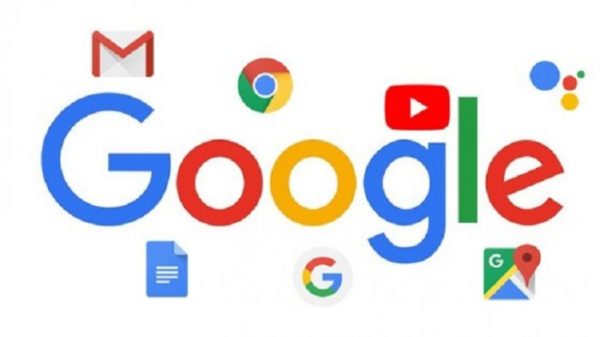What’s the average weight of a panda? How do I get paint off my face? How can I make a fidget spinner? No matter how random the question, the Internet will likely have an answer, and the easiest way to get to it, is through Google.
It’s been 20 years since Larry Page and Sergey Brin’s website was incorporated as a company in September 1998. In 2015, under CEO Sundar Pichai, Google became Alphabet – a many-branched multinational whose products and services range from search and advertising to YouTube, Maps and the Android OS for smart devices. These are its money-spinners; a majority of Alphabet’s revenue comes from Google Ads, which is integrated with these platforms.
A forward-looking branch of Alphabet, called Other Bets, is focused on non-core areas expected to boom in the near-to-distant future. These include companies like Fiber (a superfast internet service), Nest (home automation products), Calico (R&D in biotech), Google X (futuristic R&D, into products including wearable tech and self-drive cars), Verily Life Sciences (which works at the intersection of tech and healthcare), and Ventures and Capital, its two investment arms.
How exactly did Google get this big? “The answer lies in its clear focus on the user experience,” says Sanchit Vir Gogia, founder and CEO of research and advisory firm Greyhound. It analyses what people are trying to use it for, and looks for ways to do it better, quicker, with fewer clicks; then it looks for ways to monetise that improved product or service.
That’s how we got image search and ‘Did you mean’, the reverse image function and the Explore options on Google Maps.
As Google has grown and branched out, concerns about privacy and data security have reared their heads. According to Gene Munster, founder and managing partner at venture capital firm Loup Ventures, these concerns – and the laws taking shape around the world to try and address them – are the real challenge to the Google success story. Another challenge is maintaining the kind of growth it has enjoyed so far. Google is valued at about $863 billion.
A lot of Google’s new users will have to come from China, if the company is to achieve its stated target of reaching ‘the next billion people online’. Government interference saw Google quit the China market in 2010, but it is now trying to re-enter. “It is going to be very difficult,” says Shaun Rein, founder and managing director of the Shanghai-based China Market Research Group (CMR). The company will have to change how it operates, bend to a very different set of rules, particularly in terms of content curation. “Also,” says Rein, “the Chinese-language Google was just not as good as [the Chinese search engine] Baidu the last time they were here.”
Universal gateway
About 72 per cent of all web searches in the world are currently conducted via Google according to analytics firm NetMarketShare. “Google brought in the concept of crawling, identifying content on its own, passing along information, essentially getting involved. That was the key differentiator in how it picked up,” says Amit Jaju, senior managing director for India at global business advisory firm FTI Consulting. These tools saw Google decimate the early competition – AltaVista, Yahoo, Excite.
It also rather seamlessly made the shift to mobile. “These days, people interact with Google products across many different platforms, apps and devices — sometimes all in a single day. For us it is important that our products deliver the same experience uniformly,” says Shashidhar Thakur, vice-president for engineering at Google Inc.
One area where it has failed to make a mark is social media networking. It took a gamble with Orkut that fell flat, leaving the field wide open for Facebook. Currently Google and Facebook compete directly for digital ad revenue shares.
Some smart acquisitions have helped. Google acquired Android in 2005 and the platform now runs in over 85 per cent of smartphones around the world. It bought YouTube in 2006 for $1.65 billion and that’s likely to boost ad revenue growth, according to analysts at Bloomberg Intelligence.
“Their search is better than other search products on the market. But the AdSense [interactive advertising algorithm] that they built behind it is one of their best products to date,” says Sandip Maiti, CEO of digital marketing agency Experience Commerce. “Not only is it reaching more people, it is often turning advertising from a push product to a response – because the consumer is already in seek mode.”
All based on an algorithm that helps the user, as the company helps itself.






Leave a reply